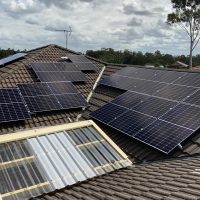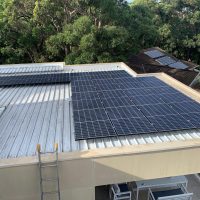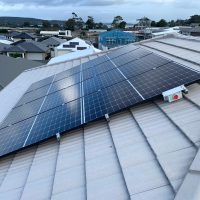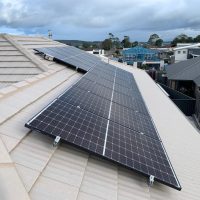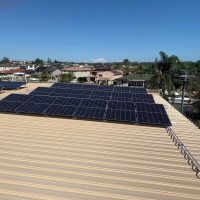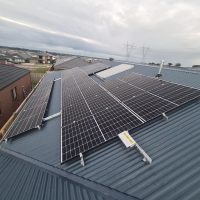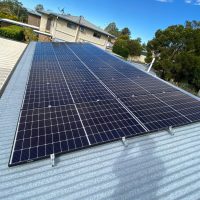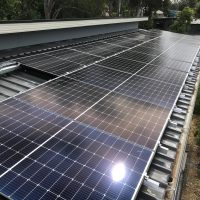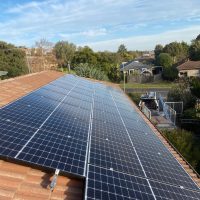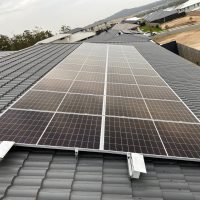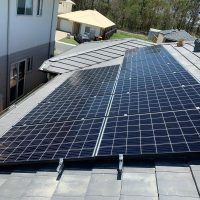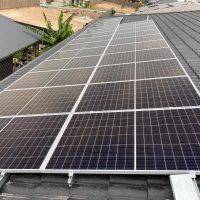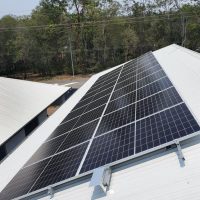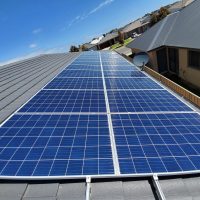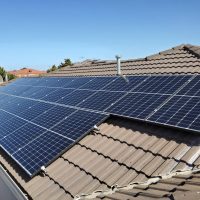Residential solar is an investment that brings multifaceted returns—financial, environmental, and even ethical. Here are some compelling reasons why opting for residential solar is one of the most advantageous decisions you can make:
Solar energy offers you a certain level of autonomy from grid-based electricity. With energy costs continually rising, installing a solar system locks in a rate for the power you generate, offering you predictable energy costs and protection from unpredictable rate hikes.
Residential solar systems aren’t just an eco-friendly choice; they’re a financially sound investment. In most cases, solar panels pay for themselves through reduced electricity bills in a matter of years. You can also leverage various financial incentives like federal tax credits and state-specific subsidies to expedite your return on investment.
Solar technology has advanced leaps and bounds over the past decade. Modern solar panels are more efficient, longer-lasting, and often come with monitoring software to let you track your energy production and consumption in real-time.
Pairing a residential battery system with your solar panels allows for the storage of excess energy. This stored energy can be used when the solar panels aren’t producing electricity, offering greater energy security and even the option for off-grid living.
Numerous studies have shown that homes with solar panel installations are viewed as more modern and are valued higher than their non-solar counterparts. This can be particularly beneficial when you decide to sell your home.
Solar systems are highly scalable. You can start small and add more panels as your family grows or as you add more electric appliances or even an electric vehicle to your household.
Solar panels have very few moving parts and require minimal maintenance—mainly just regular cleaning and occasional checks by a technician.






